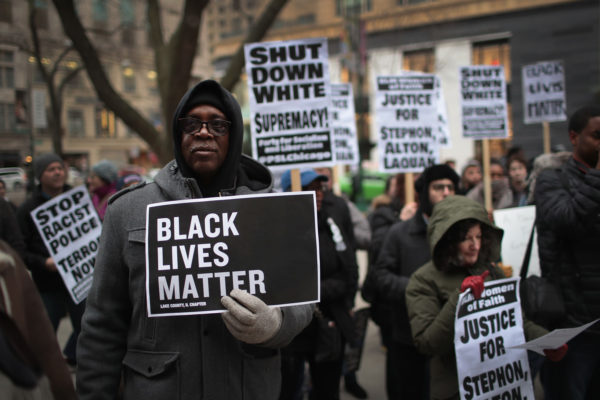A North Carolina city unanimously approved reparations for its Black residents in the form of programs designed to close racial wealth gaps.
The Asheville City Council passed the resolution with a 7-0 vote on Tuesday.
“Hundreds of years of black blood spilled that basically fills the cup we drink from today,” said Councilman Keith Young, a Black man, during Tuesday’s Council meeting. “It is simply not enough to remove statutes. Black people in this country are dealing with issues that are systemic in nature.”

Young is one of the two Black members of the City Council. Asheville’s population is 83 percent white and 11.7 percent Black, according to the U.S. Census Bureau.
The vote did not establish direct payments to Black residents. Instead, the city will work to develop policy initiatives meant to address long-term social and economic disparities African-Americans have faced in the western North Carolina city.
“The resulting budgetary and programmatic priorities may include but not be limited to increasing minority home ownership and access to other affordable housing, increasing minority business ownership and career opportunities, strategies to grow equity and generational wealth, closing the gaps in health care, education, employment and pay, neighborhood safety and fairness within criminal justice,” the resolution stated.
A Community Reparations Commission will be established “to make short, medium- and long-term recommendations that will make significant progress toward repairing the damage caused by public and private systemic racism.”
Asheville has worked to address its racial issues in the past by establishing an Office of Equity and Inclusion and paying for a study on disparities. The issue became urgent after the unrest caused by the death of George Floyd and activists began to call for reparations. The resolution appeared on the City Council agenda on July 10.
Rob Thomas, community liaison for the Asheville Racial Justice Coalition, was among the activists who put pressure on the city. He is happy about the resolution’s progress.
“Wealth is measured through real estate and real property,” he told the Asheville Citizen-Times. “And in any system that deals with economics, there are so many things that keep people of color out — so many policies, so many different areas where you have gatekeepers who can decide to let you in or not let you in.”


